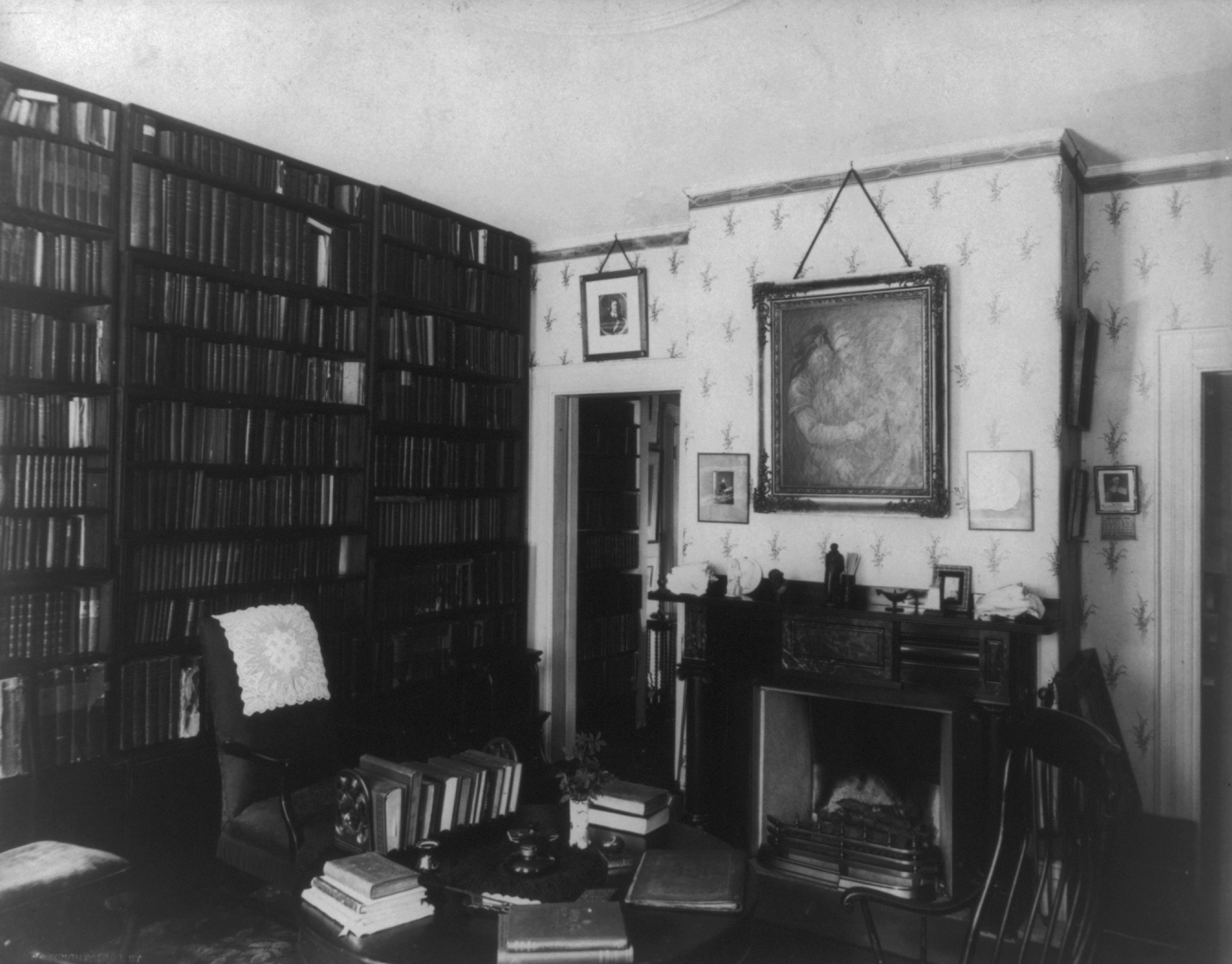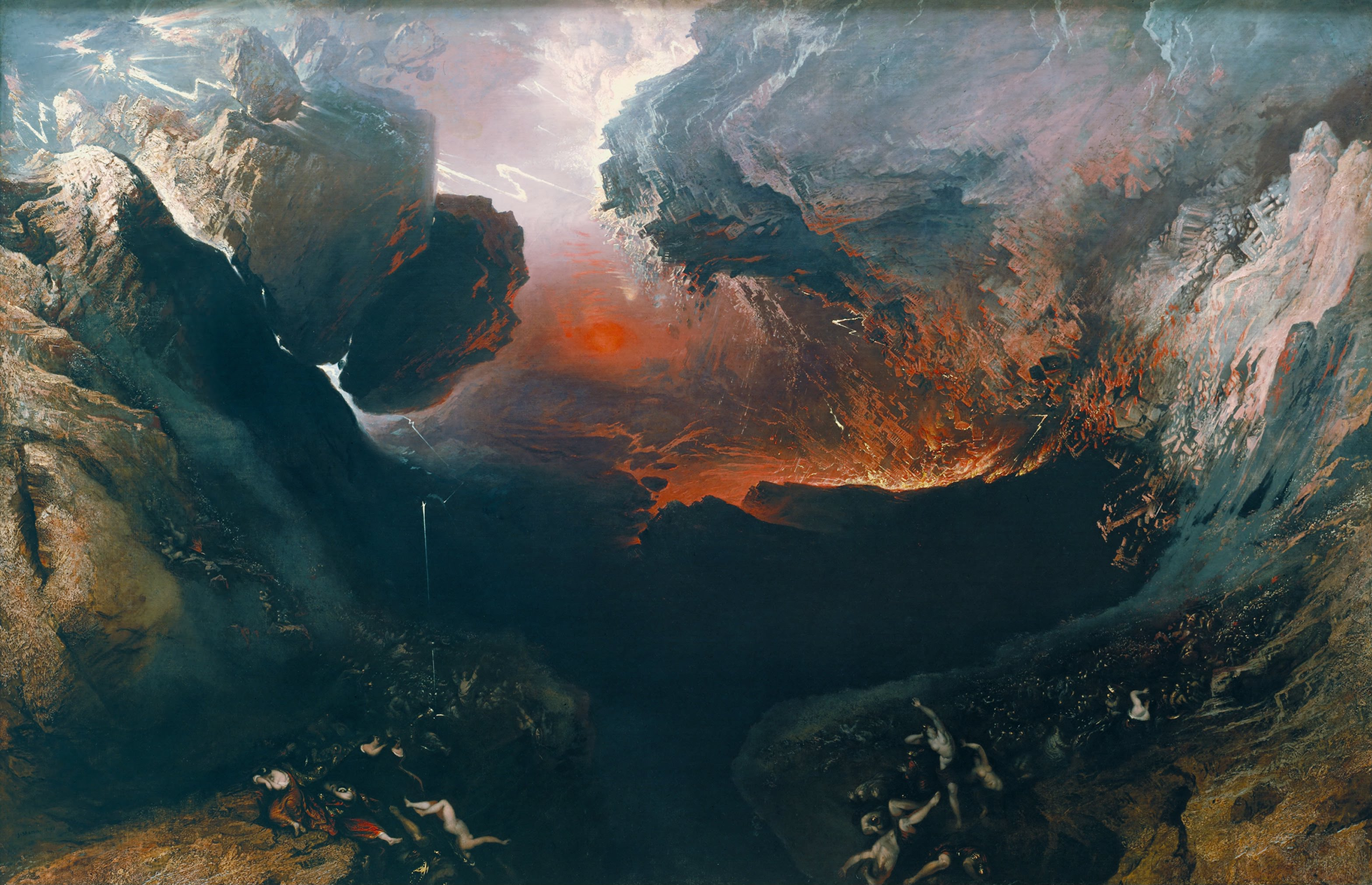 |
| Ralph Waldo Emerson's Study, circa 1888. Photo: Public Domain via Wikimedia Commons. |
 Nature and Other Essays by Ralph Waldo Emerson
Nature and Other Essays by Ralph Waldo EmersonMy rating: 4 of 5 stars
Finding the time to focus on this book has eluded me until recently. I find Emerson difficult to read at times as most of his essays read like transcripts of speeches (indeed, some of them are). He exudes "positive thinking" in the Norman Peale sense of the phrase, but with a transcendental bent that keeps on giving its spiritual encouragement. In each of Emerson's essays there is a gem of absolute truth, just waiting for us to confirm in our own experience (as he would probably say). But these gems tend to be packed away in wads and wads of cotton wool. It is not until the final essay (or, more correctly, speech), "The American Scholar", where the reader reaches the summit and can look back on a trail of wisdom marked by that same cotton wool. Emerson's ideas of self-reliance and the worthiness of the American ideal (in opposition to Continental ideas in particular) I suspect provide lessons for Australians that are just waiting to be learnt. America's cultural cringe has long disappeared from living memory and it may well be time for Australia to reach the same heady level. There is too much in such a short book to cover in detail, and each essay's gem must be mined laboriously (and as Emerson might say, there is nothing wrong with scholars doing a bit of physical labour). But two authors mentioned by Emerson stick in my mind. First, Thomas Carlyle (his work, too, I am stuck on due to a lack of focus and will get back to it now), mentioned in the cover blurb as someone Emerson met during his travels to Europe, and Swedenborg, and his ground-breaking "Heaven and Hell". Emerson comes close to enunciating how one might find one's "nature" (in the Stoic sense of the word) as a starting point for action. For this alone it is worth knowing. But also, his statement about the role of colleges (p. 154) has given me a way to re-align my teaching strategy. The travails of the present really were no different to the past; we seem rather to have forgotten to remember old lessons hard-won.
View all my reviews
 Donate
Donate








